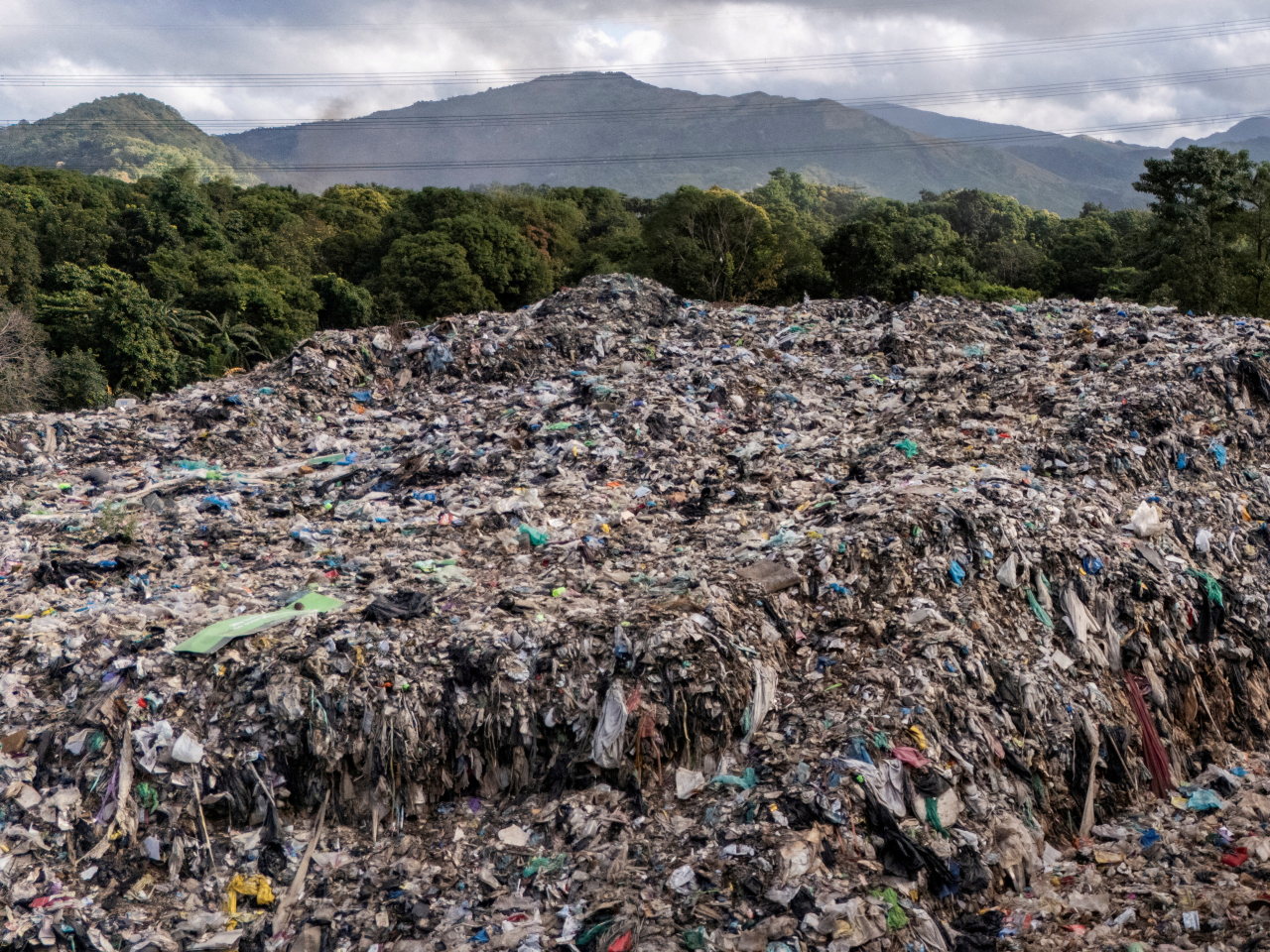Talks on a treaty to address the global crisis of plastic pollution in Geneva ended without an agreement on Friday as the session was adjourned with plans to resume at a later date.
Nations were meeting for an 11th day at the United Nations office to try to complete a landmark treaty to end the plastic pollution crisis.
They remain deadlocked over whether the treaty should reduce exponential growth of plastic production and put global, legally binding controls on toxic chemicals used to make plastics.
The Youth Plastic Action Network was the only organisation to speak at the closing meeting on Friday.
Comments from observers were cut off at the request of the United States and Kuwait after 24 hours of meetings and negotiating.
The negotiations at the UN hub were supposed to be the last round and produce the first legally binding treaty on plastic pollution, including in the oceans.
But just like at the meeting in South Korea last year, they’re leaving without a treaty.
Luis Vayas Valdivieso, the chair of the negotiating committee, wrote and presented two drafts of treaty text in Geneva based on the views expressed by the nations.
The representatives from 184 countries did not agree to use either one as the basis for their negotiations.
Valdivieso said early on Friday as the delegates reconvened in the assembly hall that no further action is being proposed at this stage on the latest draft.
After a three-hour meeting, he banged a gavel made of recycled plastic bottle tops from a Nairobi landfill.
Representatives of Norway, Australia, Tuvalu and others nations said they were deeply disappointed to be leaving Geneva without a treaty.
Madagascar said the world is “expecting action, not reports from us.”
European Commissioner Jessika Roswall said the European Union and its member states had higher expectations for this meeting and while the draft falls short on their demands, it's a good basis for another negotiating session.
“The Earth is not ours only. We are stewards for those who come after us. Let us fulfill that duty,” she said.
China's delegation said the fight against plastic pollution is a long marathon and that this temporary setback is a new starting point to forge consensus.
It urged nations to work together to offer future generations a blue planet without plastic pollution.
The biggest issue of the talks has been whether the treaty should impose caps on producing new plastic or focus instead on things like better design, recycling and reuse.
Powerful oil- and gas-producing nations and the plastics industry oppose production limits.
They want a treaty focused on better waste management and reuse.
That draft, released early on Friday, did not include a limit on plastic production, but recognised that current levels of production and consumption are “unsustainable” and global action is needed.
New language had been added to say these levels exceed current waste management capacities and are projected to increase further, “thereby necessitating a coordinated global response to halt and reverse such trends”. (AP)





